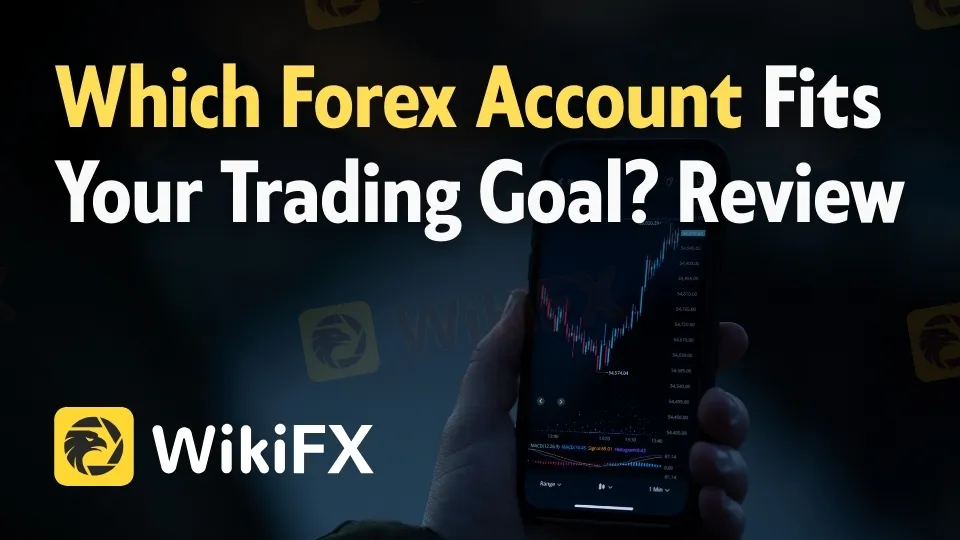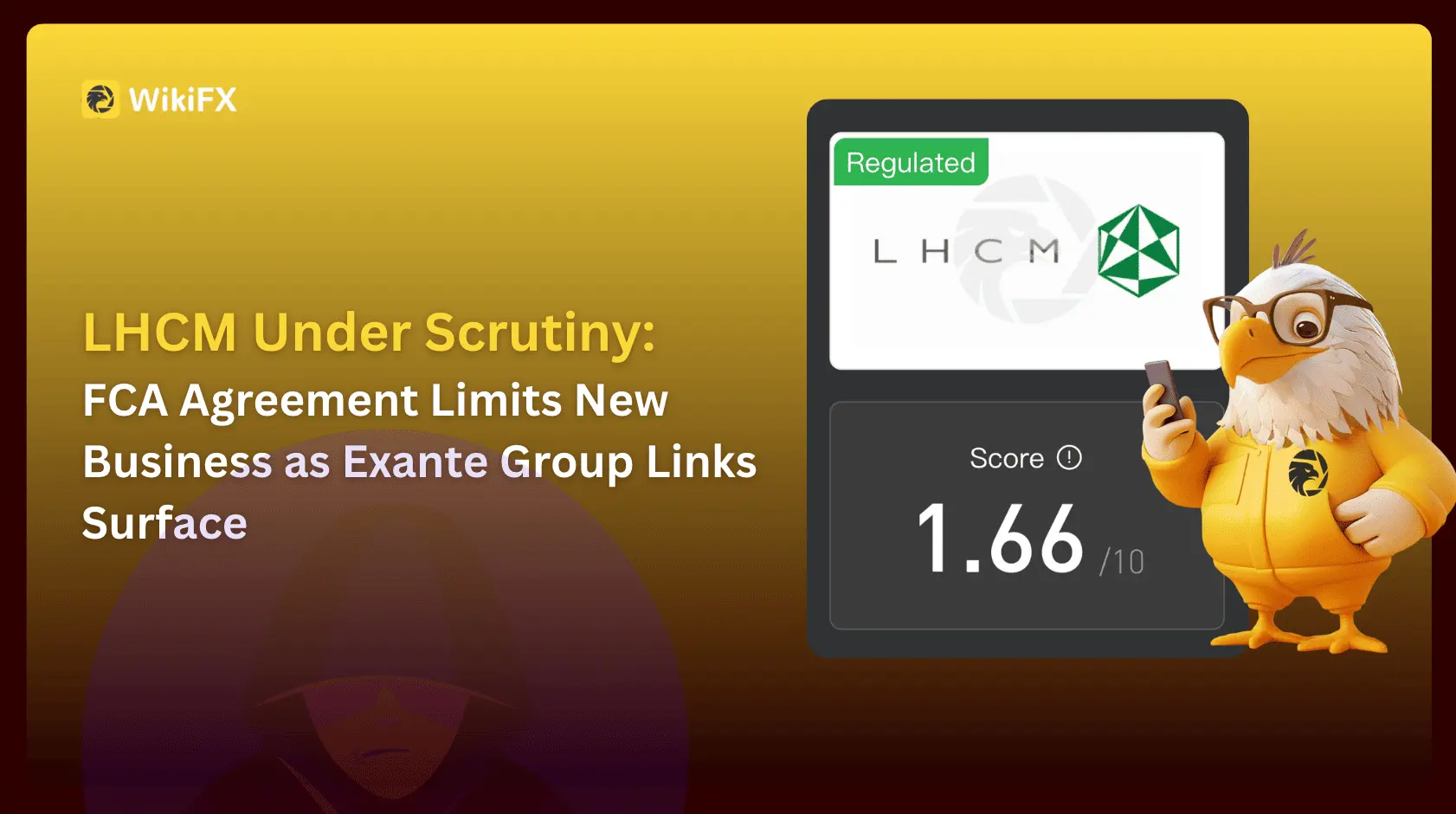Abstract:A review of the best forex account types, from demo to ECN, with expert insights to match your trading goals. Learn how to choose wisely.

Understanding Forex Account Types
Selecting the right forex account is one of the most critical decisions for traders. With options ranging from basic accounts for beginners to advanced ECN accounts for professionals, the type of forex trading account you choose defines your trading flexibility, costs, and potential growth. In todays fast-paced forex markets, aligning your account type with your trading goals can either enhance your experience or hold you back.
Forex brokers typically offer multiple account categories to cater to different skill levels and strategies. These include demo accounts, micro and mini accounts, standard accounts, and advanced options such as STP (Straight Through Processing) and ECN (Electronic Communication Network) accounts. Understanding their differences is essential to ensure that you maximize profitability while minimizing risks.
Forex Demo Account: The Beginners Gateway
A forex demo account is often the first step for anyone entering the market. It allows new traders to practice strategies in a risk-free environment using virtual funds.
- Best for beginners: Demo accounts provide exposure to real forex trading platforms without financial risk.
- Learning tools: Users can test technical indicators, practice risk management, and familiarize themselves with order types.
- Transition stage: Once confident, traders can move from a demo account to a live account, where psychological factors such as fear and greed come into play.
However, while demo accounts are invaluable tools, it is important to note that trading results in a simulated environment do not always translate into actual profits in live trading. Market conditions such as slippage and spreads affect real accounts differently.
Micro, Mini, and Standard Accounts Explained
When stepping into real trading, youll likely encounter three popular retail forex account structures: micro, mini, and standard forex accounts. These accounts represent the next step for traders after practicing on demos.
- Micro Accounts: Designed for small traders with very low minimum deposits, often as low as $10. They accommodate lot sizes of 1,000 units. Ideal for those testing a brokers platform or practicing risk management in a low-risk environment.
- Mini Accounts: Slightly larger than micro accounts, these typically involve lot sizes of 10,000 units. Minimum deposits generally range from $100 to $500. Mini accounts provide a balance between risk exposure and capital requirements, making them suitable for beginners who want more market exposure without committing too much capital.
- Standard Accounts: The most common forex trading account type, where a lot equals 100,000 units. This account type typically requires higher minimum deposits, ranging from $1,000 upwards. Standard accounts give access to tighter spreads and more competitive trading conditions, but also involve greater risk.
For traders starting with limited capital, micro or mini accounts are often preferable. As experience grows, upgrading to a standard forex account offers greater opportunities with higher risks and rewards.

ECN vs STP Accounts: Professional Options
Advanced traders often seek transparency, speed, and strong liquidity, which is where ECN and STP forex accounts come in. These account types differ significantly from the traditional dealing desk model.
- ECN Accounts: The Electronic Communication Network directly connects traders to liquidity providers, ensuring the tightest spreads and faster execution times. ECN accounts are popular among professional traders and scalpers who require efficiency and want to avoid broker intervention. However, these accounts typically require higher minimum deposits and often include commission-based fees.
- STP Accounts: A Straight Through Processing account routes orders directly to liquidity providers without internal dealing desk manipulation. While STP accounts may not always have spreads as low as ECN accounts, they remain cost-effective and are widely used by experienced retail traders.
Choosing between ECN vs STP accounts depends largely on your strategy. If youre pursuing scalping or high-frequency trading, ECN accounts are usually superior. For swing trading or longer-term strategies, STP accounts can balance execution speed with accessible deposit requirements.
Swap-Free and Islamic Account Options
For traders observing Islamic finance principles, swap-free forex accounts, also known as Islamic accounts, are available at many regulated forex brokers. These accounts avoid overnight interest fees (known as swaps), aligning with Sharia law.
Swap-free accounts often involve certain trade-offs, such as higher spreads or administrative fees, to compensate the broker for lost overnight charges. Nonetheless, these accounts demonstrate the adaptability of forex trading platforms in meeting diverse trader needs globally.
Factors to Consider When Opening an Account
When evaluating forex account types, traders must consider several critical factors:
- Minimum deposit requirements: Some accounts require as little as $10, while professional accounts may require $1,000 or more.
- Leverage options: High leverage can amplify profits but also increase risk. Check the brokers offered ratios.
- Regulation: Always trade with regulated forex brokers to minimize risks of fraud and ensure compliance with financial standards.
- Spreads and commissions: Tight spreads are advantageous, but consider whether the account also charges commissions.
- Verification process: Top brokers ensure account safety through strict KYC (Know Your Customer) verification.
A strong forex broker comparison should weigh all these factors before selecting the best trading account type for your goals.
Matching Accounts to Trading Goals
Deciding which forex account fits your trading goal requires balancing your trading style, risk appetite, and investment size.
- Beginners: Start with a forex demo account, then upgrade to a micro or mini account for live trading.
- Intermediate traders: Consider standard forex accounts for larger trade sizes and competitive trading conditions.
- Professionals: ECN and STP accounts provide low spreads, fast execution, and transparency.
- Faith-based traders: Swap-free accounts meet religious requirements while offering standard trading features.
Ultimately, the right account type depends not only on market knowledge but also on personal trading objectives, capital availability, and disciplined risk management.
Final Thoughts on Choosing Forex Accounts
Navigating the many forex account types can seem overwhelming, but understanding their unique structures helps in making informed decisions. From forex demo accounts for beginners to ECN accounts for professionals, each serves a specific role in supporting traders goals.
The most successful traders are those who align their account type with a solid trading strategy, supported by a regulated broker and a trusted trading platform. While leverage and spreads may drive immediate appeal, long-term trading success lies in choosing the appropriate account structure that matches your style.
Always remember: check the brokers negative cases on the WikiFX app before trading. Scan the QR code below to download and install the app on your smartphone.












